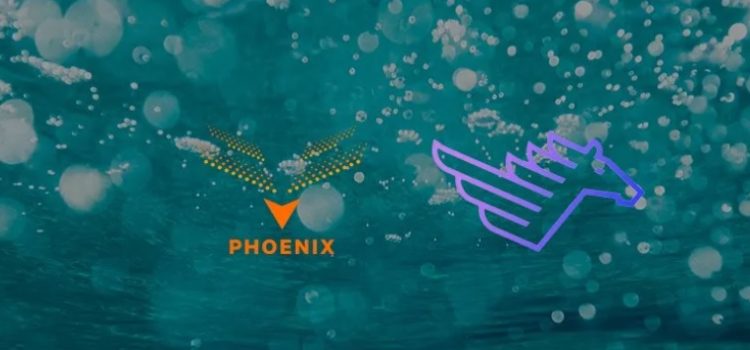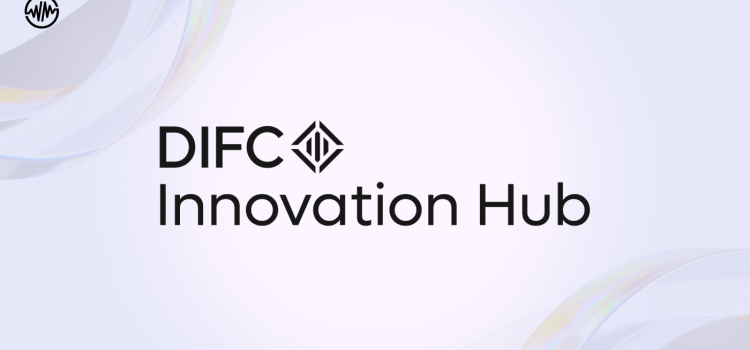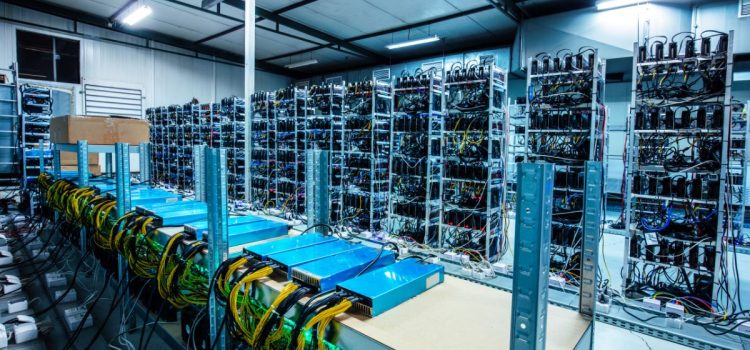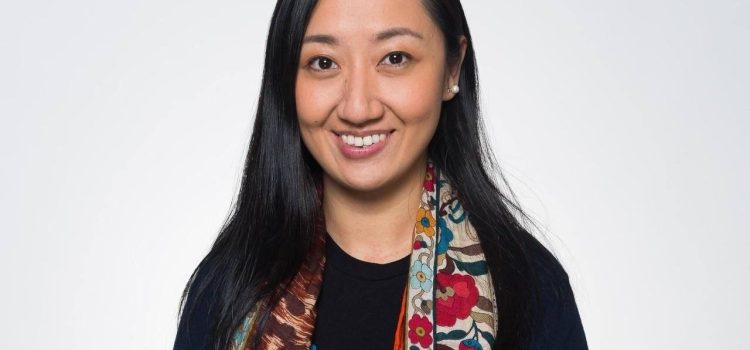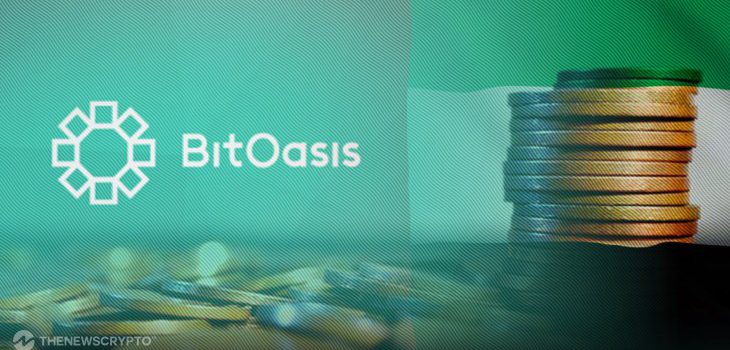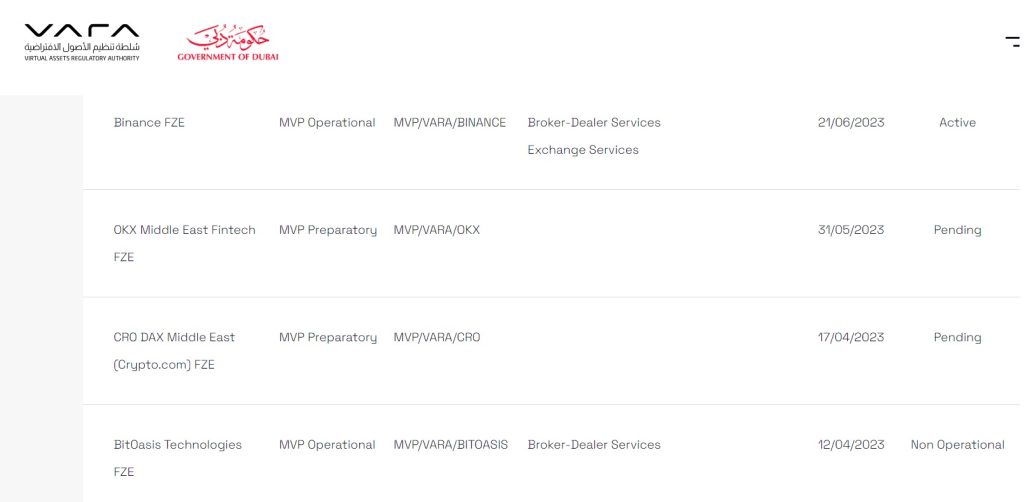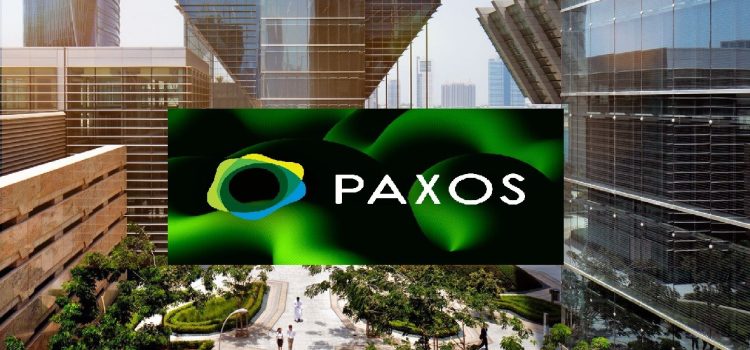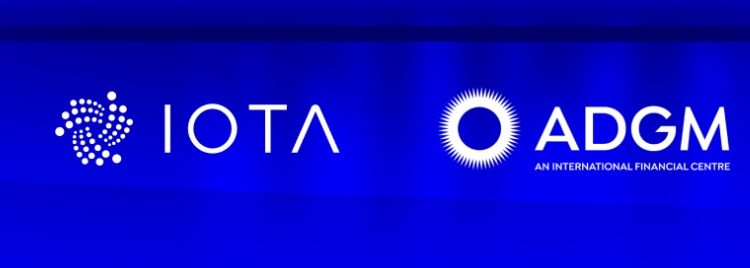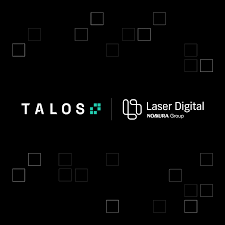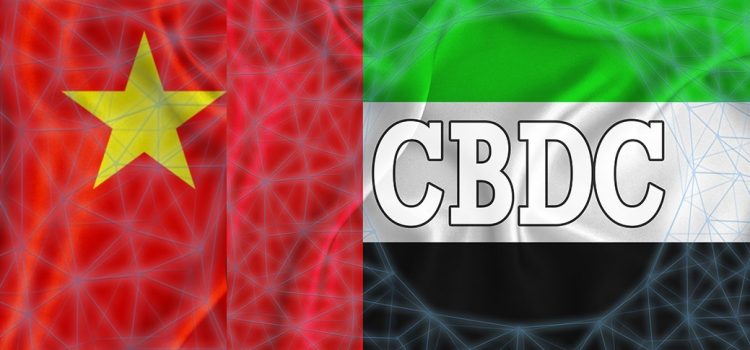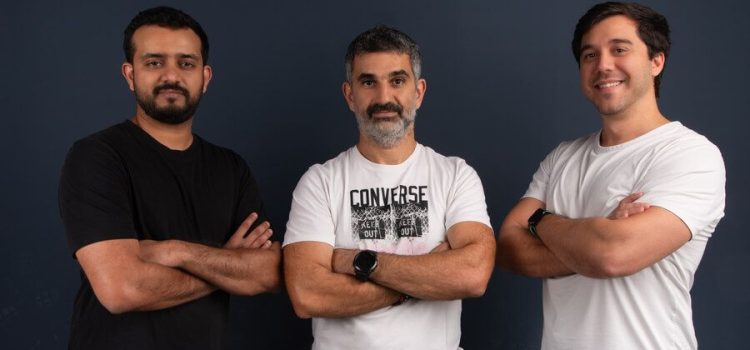
UAE Crypto mining entity, Phoenix Group, which recently launched the first crypto blockchain IPO in the MENA region, has purchased $380 million of crypto mining hardware from Whatsminer.
The contract exceeding $380 million marks the largest order for Whatsminer in the last two years, underlining Phoenix Group’s dominant position in the Middle East’s tech and blockchain sector.
The agreement entails an immediate delivery of mining equipment valued at $136 million, with an additional option worth $246 million.
Phoenix Group, already partnered with and the exclusive distributor of WhatsMiner, is taking a significant leap forward by integrating hydro cooling miners in collaboration with WhatsMiner. This initiative, already underway, marks a pivotal step towards establishing world-class High-Performance Computing (HPC) data centers. The established partnership with WhatsMiner, now further enhanced by this deal, demonstrates Phoenix Group commitment to sustainable mining technologies, leading the industry towards a greener future.
Bijan Alizadehfard, Co-Founder & Group CEO of Phoenix Group PLC, shares, “This collaboration with Whatsminer is a milestone for Phoenix Group, reflecting our strategic foresight and commitment to pioneering in the tech industry. Our successful listing on the ADX has further empowered us to pursue such significant partnerships, enhancing our capabilities in the blockchain and cryptocurrency sector.”
Munaf Ali, Co-Founder & Group MD, adds, “Our partnership with Whatsminer and the development of hydro cooling technologies are key components of our vision for sustainable and innovative mining operations. These advancements are not only a leap in our technological capabilities but also align with our commitment to environmental responsibility.”
UAE Crypto mining entity, Phoenix Group, which recently launched the first crypto blockchain IPO in the MENA region, has purchased $380 million of crypto mining hardware from Whatsminer.
The contract exceeding $380 million marks the largest order for Whatsminer in the last two years, underlining Phoenix Group’s dominant position in the Middle East’s tech and blockchain sector.
The agreement entails an immediate delivery of mining equipment valued at $136 million, with an additional option worth $246 million.
Phoenix Group, already partnered with and the exclusive distributor of WhatsMiner, is taking a significant leap forward by integrating hydro cooling miners in collaboration with WhatsMiner. This initiative, already underway, marks a pivotal step towards establishing world-class High-Performance Computing (HPC) data centers. The established partnership with WhatsMiner, now further enhanced by this deal, demonstrates Phoenix Group commitment to sustainable mining technologies, leading the industry towards a greener future.
Bijan Alizadehfard, Co-Founder & Group CEO of Phoenix Group PLC, shares, “This collaboration with Whatsminer is a milestone for Phoenix Group, reflecting our strategic foresight and commitment to pioneering in the tech industry. Our successful listing on the ADX has further empowered us to pursue such significant partnerships, enhancing our capabilities in the blockchain and cryptocurrency sector.”
Munaf Ali, Co-Founder & Group MD, adds, “Our partnership with Whatsminer and the development of hydro cooling technologies are key components of our vision for sustainable and innovative mining operations. These advancements are not only a leap in our technological capabilities but also align with our commitment to environmental responsibility.”








